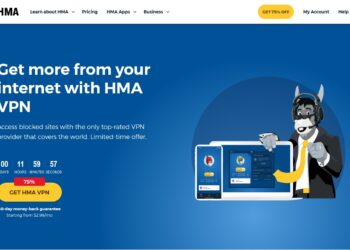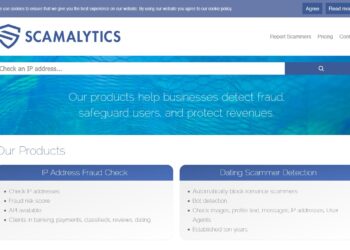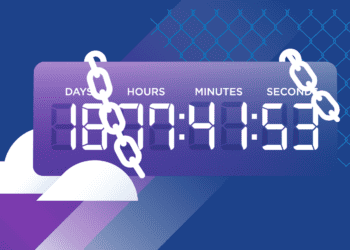Your personal security is something that’s not guaranteed online. With cybercriminals looking for various types of data they can use to their advantage, it’s highly important that you make sure that your security measures are up to snuff. But how to do that is based on what you’re already implementing in your current protocol. If your passwords are weak, but you’re using a firewall, you’re only doing a partial job. Similarly, if you have great antivirus software, but it’s never been updated, there are many risks that can be associated with that as well. However, if you’re looking to make sure your security practices are the best they can be, you can find five practices below that will help you upgrade your personal security.
Use Two-Factor Authentication
The password is one of the most common security protocols utilized today, with almost every account on every site requiring some form of credentials to log in. However, the most secure of these will also ask for two-factor authentication, or a secondary way to verify that you’re authorized to use said password for an account. Sometimes, when two-factor authentication (2FA) is used, it’s mandatory — but other times, it’s optional, and with the multiple steps added to any login ritual, it often remains unused, leaving many users with a missing security component that would otherwise make their accounts far more secure in the long run. By choosing to instead start using 2FA with logins, you’ll bolster the effects of your password security as a whole, and keep your accounts that much safer.
Strengthen and Protect Your Passwords
In addition to keeping 2FA handy for the accounts that allow it, there’s the fact that users very often need to strengthen their passwords. Knowing what passwords are weak is a crucial part of the process, as when you identify password weakness, you can begin to eliminate practices (like easy-to-guess sequences) that make your passwords problematic. Using a personal password manager can help with this, as they are often capable of rating password strength and even supplying directives to fix the weaknesses present in a given password, such as what kind of phrases to use. Many password managers even sport a feature to suggest new passwords, especially to make sure you don’t reuse them between several accounts. Between this and the encrypted storage that’s available in a password manager to keep said passwords (and other data) safely protected from prying eyes, it’s generally a good investment to look into a personal password manager tool.
Use Protective Softwares
It’s not just password managers that are beneficial in keeping your personal security in check. Users should always look into the various tools that tackle different areas of cyber security: from firewalls to antivirus, from URL filters to endpoint detection and response, there’s always something you can keep on your computer to protect against a specific type of threat. Given the number of threat types out there in cyberspace, it only makes sense that you diversify, using multiple platforms to cover your bases and to make sure your assets are duly protected however might make sense for you. In most cases, personal users do benefit from keeping the basics on hand at the very least: this includes, but is not limited to, firewalls and antivirus software.
Update and Back Up Consistently
While keeping protective softwares of various kinds on your computer will most certainly help with your protection of assets and the mitigation of cyber attack threats, there’s still more that needs to be considered. For one thing, your software will need regular updates. Updates are there to help a specific product change with the times. If it’s made to account for new signature detections, for example, that kind of update is extremely important to a firewall. However, there’s more to it than just periodic updates. Another type of update is bug fixes, which are crucial in any kind of software, since all software types are capable of having bugs in the code — and in effect, weaknesses where threats can breach your security. Past all that, though, is the fact that breaches do in fact happen. While most of the security tools you use will protect you against cyber attacks, it’s important to have a way to protect against breaches themselves, so that you don’t lose your valuable information. That’s where backups come in. Anyone who’s had to recover their assets knows the value of a backed-up computer, as it’s a smart practice for any user.
Review and Guard Your Personal Information
Finally, while most of what you can do is based on specific tools that help you change your habits, you must also be aware of your behavior online. Whether it’s an unfortunate picture on social media or a personal detail shared in a forum, you can’t be too careful. That’s why it’s always best to practice caution when sharing anything online — keeping your most personal information away from any public eyes, no matter how much you trust your friends on Facebook. In the case that your information has already been shared and taken to the dark web, though, you can implement a dark web monitoring tool to find this compromised info and to remedy the situation, say by making new passwords. If you don’t want to go through the stress of having to search the dark web for your compromised personal information, the best way to avoid it is to always review and guard your info before posting.






